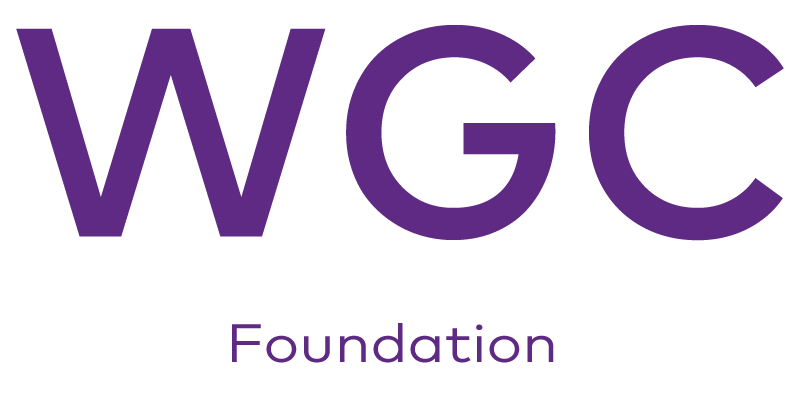Safeguarding
Safeguarding Policy
1. Introduction
WGC Foundation is committed to ensuring the safety and wellbeing of all individuals involved in our activities, particularly children, young people, and vulnerable adults. This Safeguarding Policy aligns with UK legislation, guidance, and best practices to protect individuals from abuse, harm, or exploitation while participating in the Foundation’s programmes.
2. Legal Framework
This policy complies with the following UK laws and statutory guidance:
- Children Act 1989 & 2004: Defines the legal responsibility of organisations to safeguard and promote the welfare of children.
- Safeguarding Vulnerable Groups Act 2006: Establishes the legal framework for protecting children and vulnerable adults from harm.
- The Care Act 2014: Focuses on the care and support of adults, including safeguarding responsibilities.
- Working Together to Safeguard Children (2018): Government guidance outlining how agencies should work together to safeguard and promote children’s welfare.
- Keeping Children Safe in Education (2023): Provides guidance for schools but serves as a framework for wider safeguarding practices.
- The Protection of Freedoms Act 2012: Covers issues around barring and disclosure checks.
3. Scope
This policy applies to:
- Trustees, staff, volunteers, and contractors working on behalf of the WGC Foundation.
- Partners and third parties involved in delivering services on behalf of the Foundation.
- All individuals who engage with the Foundation’s activities, including participants, families, and external stakeholders.
4. Definitions
- Safeguarding: Protecting children, young people, and vulnerable adults from abuse, harm, or neglect and promoting their welfare.
- Child: Anyone under 18 years of age.
- Vulnerable Adult: An adult who is unable to protect themselves from harm due to age, illness, or disability.
5. Aims
The policy aims to:
- Protect children, young people, and vulnerable adults involved in WGC Foundation activities from abuse and harm.
- Ensure that safeguarding practices are in place, reviewed regularly, and adapted as necessary.
- Promote a culture of safety, openness, and accountability across all Foundation activities.
6. Roles and Responsibilities
- Trustees: Overall responsibility for safeguarding within the WGC Foundation, ensuring policies are in place and regularly reviewed.
- Designated Safeguarding Lead (DSL): A nominated individual responsible for implementing and overseeing safeguarding practices. The DSL must receive regular safeguarding training and updates.
- Staff and Volunteers: Required to follow safeguarding procedures, attend training, and report any concerns regarding welfare or safety immediately.
- External Partners and Contractors: Must adhere to the WGC Foundation’s safeguarding policy and demonstrate their own commitment to safeguarding through compliance checks.
7. Safer Recruitment
The WGC Foundation follows safer recruitment practices, including:
- Enhanced DBS Checks: Mandatory for all staff and volunteers working directly with children or vulnerable adults.
- Reference Checks: All staff and volunteers must provide references, which will be checked as part of the recruitment process.
- Induction and Training: All new staff and volunteers will receive safeguarding training during induction and refresher training annually.
8. Reporting Concerns
All concerns about the safety or welfare of a child or vulnerable adult must be reported immediately to the Designated Safeguarding Lead (DSL). The process for reporting concerns is as follows:
- Step 1: Report any concern to the DSL verbally or in writing.
- Step 2: The DSL will assess the situation and decide whether further action is needed, such as informing statutory authorities (e.g., social services, police).
- Step 3: If immediate danger is present, staff or volunteers must contact the police or social services directly.
9. Responding to Allegations
If an allegation of abuse is made against a member of staff, trustee, or volunteer, WGC Foundation will:
- Ensure the individual is suspended from duties pending an investigation.
- Cooperate fully with external agencies (e.g., police or social services) during investigations.
- Take appropriate disciplinary action where necessary.
10. Confidentiality and Data Protection
All safeguarding concerns, reports, and investigations will be handled in accordance with the Data Protection Act 2018. Confidentiality will be maintained unless it is necessary to share information to protect an individual’s safety.
11. Training and Development
Safeguarding training will be provided for all trustees, staff, and volunteers annually. This will include:
- Understanding the types of abuse and recognising the signs.
- How to report safeguarding concerns.
- Updates on legislative changes and safeguarding best practices.
12. Monitoring and Review
This safeguarding policy will be reviewed annually or following any significant legislative changes. Regular audits of safeguarding practices will be conducted to ensure compliance and to identify areas for improvement.
13. Whistleblowing
WGC Foundation encourages a culture where safeguarding concerns can be raised without fear of retaliation. Anyone reporting a safeguarding concern in good faith will be protected under the Foundation’s Whistleblowing Policy.
14. Code of Conduct
All staff, trustees, and volunteers must adhere to the WGC Foundation’s Code of Conduct, which sets out the standards expected when working with children, young people, and vulnerable adults. Breaches of this Code may result in disciplinary action.
15. Policy Approval
This Safeguarding Policy is endorsed by the Board of Directors and will be made available to all stakeholders and partners of the WGC Foundation.

